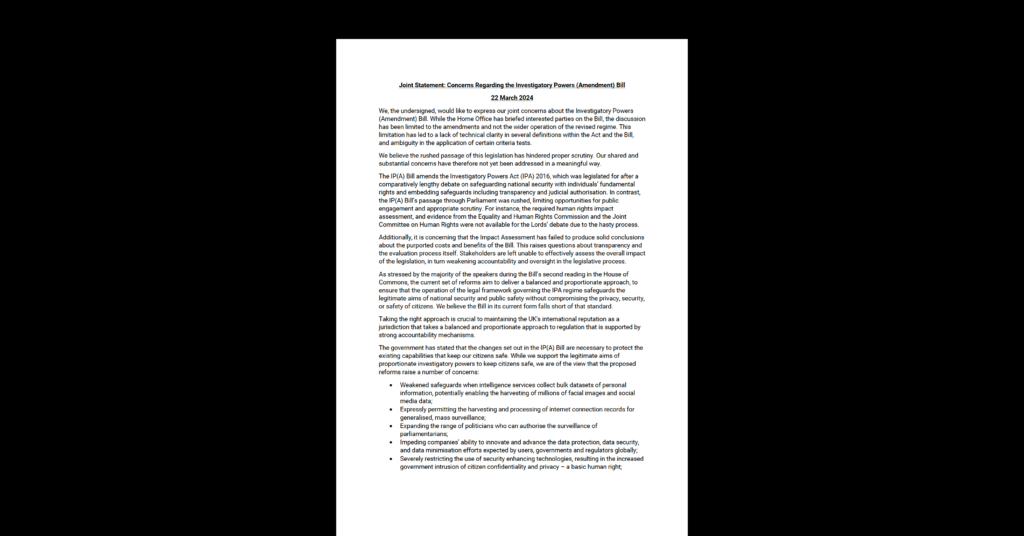European Policy, Open Internet
CDT responds to European Commission consultation on ancillary rights: unnecessary barriers for innovation and free speech
CDT has consistently cautioned against the introduction of ancillary rights in copyright laws in Europe because of the negative effects of such rights on smaller publishers, citizen journalism and, more importantly, freedom of information. CDT restated our objection to this idea in our submission to the European Commission’s public consultation on the role of publishers in the copyright value chain and on the “panorama exception”.
Firstly, creating such a right would negatively impact publishers by creating barriers to access to their works. This neighbouring right would likely add transaction costs and legal uncertainty for individuals or organisations wishing to link to online publications, resulting in decreased traffic to publishers’ own sites. A decrease in traffic to publishers’ online offerings would disproportionately affect smaller publishers and those who operate primarily online. Although it is unclear what form an EU-level right might take and how it might be enforced, the existing examples in Spain and Germany demonstrate that publishers do not benefit from an additional right. Instead, they lose revenue from the decrease in web traffic (Spain) or opt out of the program to avoid the negative impacts (Germany).
Secondly, creating a neighbouring right for publishers would negatively impact authors by adding barriers between their works and their audiences as well as between authors and published works they might wish to reference. An ancillary right would harm authors by disrupting many of the online services and tools, such as news aggregators and alert services, that they depend on for their work. Journalists would encounter additional hurdles in finding and using news and information they need to do their jobs. Authors would find that these existing news products and services would likely be disrupted, their prices increased, or even discontinued altogether. Giving publishers a right to remuneration for their arrangements of creative works could also upset authors’ abilities to distribute their works under certain licensing agreements, such as Creative Commons licenses, because such a right could require payment to publishers even when the author chooses to license her works for free.
Thirdly, in addition to the unnecessary barriers created by a new ancillary right, issues may arise from a right dependent on defining a class of persons or entities as “publishers.” In the online context, it will be difficult, if not impossible, to define such a class without either making the class too broad or too narrow. Creating a new right for a vaguely-defined group will lead to both confusion as to who may claim the right and abuses by those who would improperly claim it.
Finally, as CDT and many other organisations stressed in the past, trying to modernise EU Copyright law without taking into account the digital environment could seriously jeopardise the current rules on the responsibility and liability of intermediaries. Internet intermediaries like online service providers, social media networks, and search engines empower users by offering innovative and often revolutionary tools for online free expression and access to information. However, seeking to impose an ancillary right would make it risky and costly to launch and run online services. Basic everyday activities of online users, such as posting, linking, and embedding photos or videos online, would be subject to a cloud of legal uncertainty. This could result in intermediaries limiting the use of their platforms, meaning citizens and creators would have fewer places to express themselves – with a consequent reduction in creative output and revenues.
The European Commission is expected to present its second set of proposal on copyright after the summer, most probably in September. We hope the European Commission recognises the negative effects for innovation and free speech online that an ancillary right would have.


